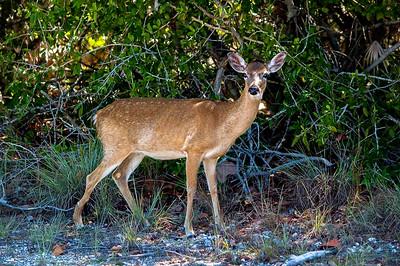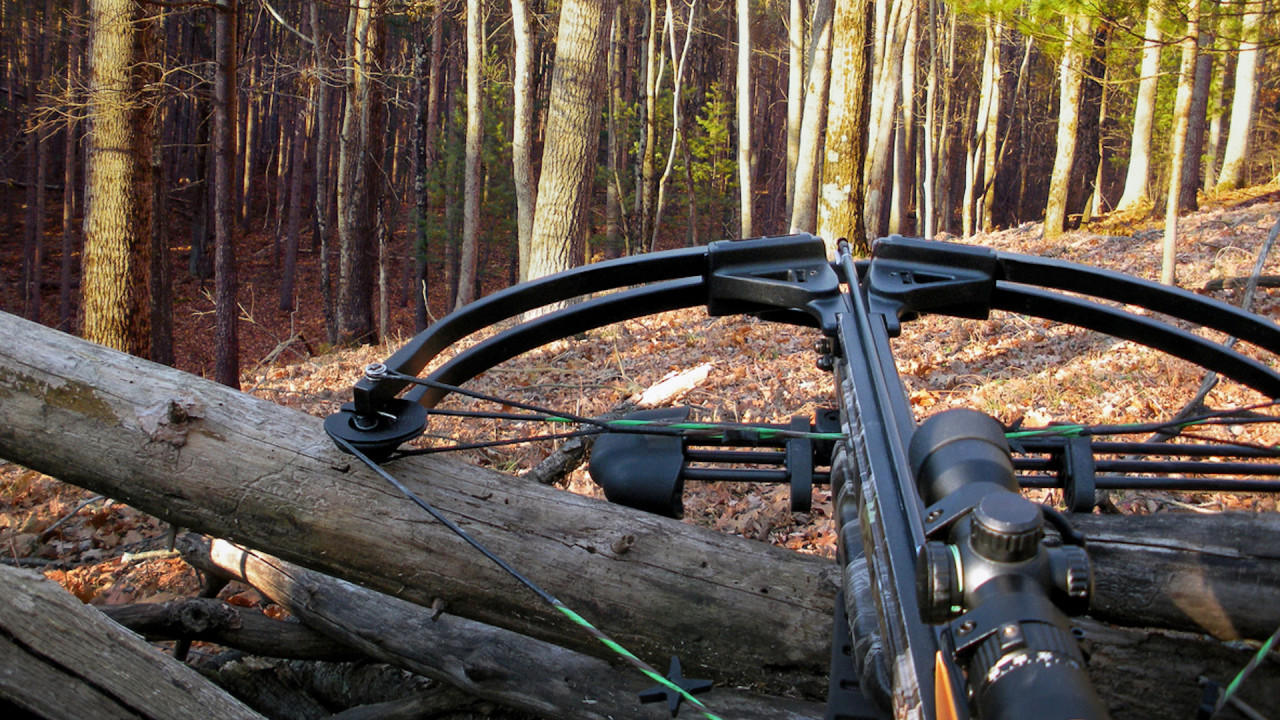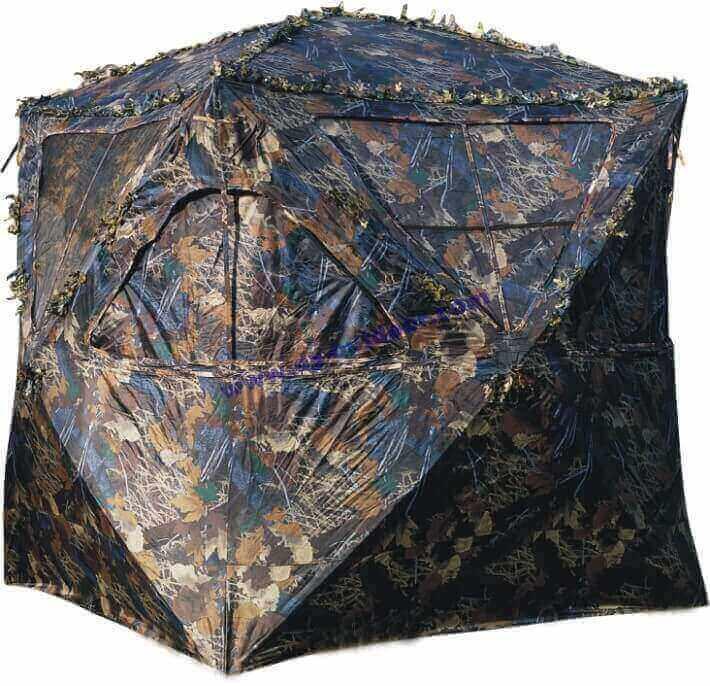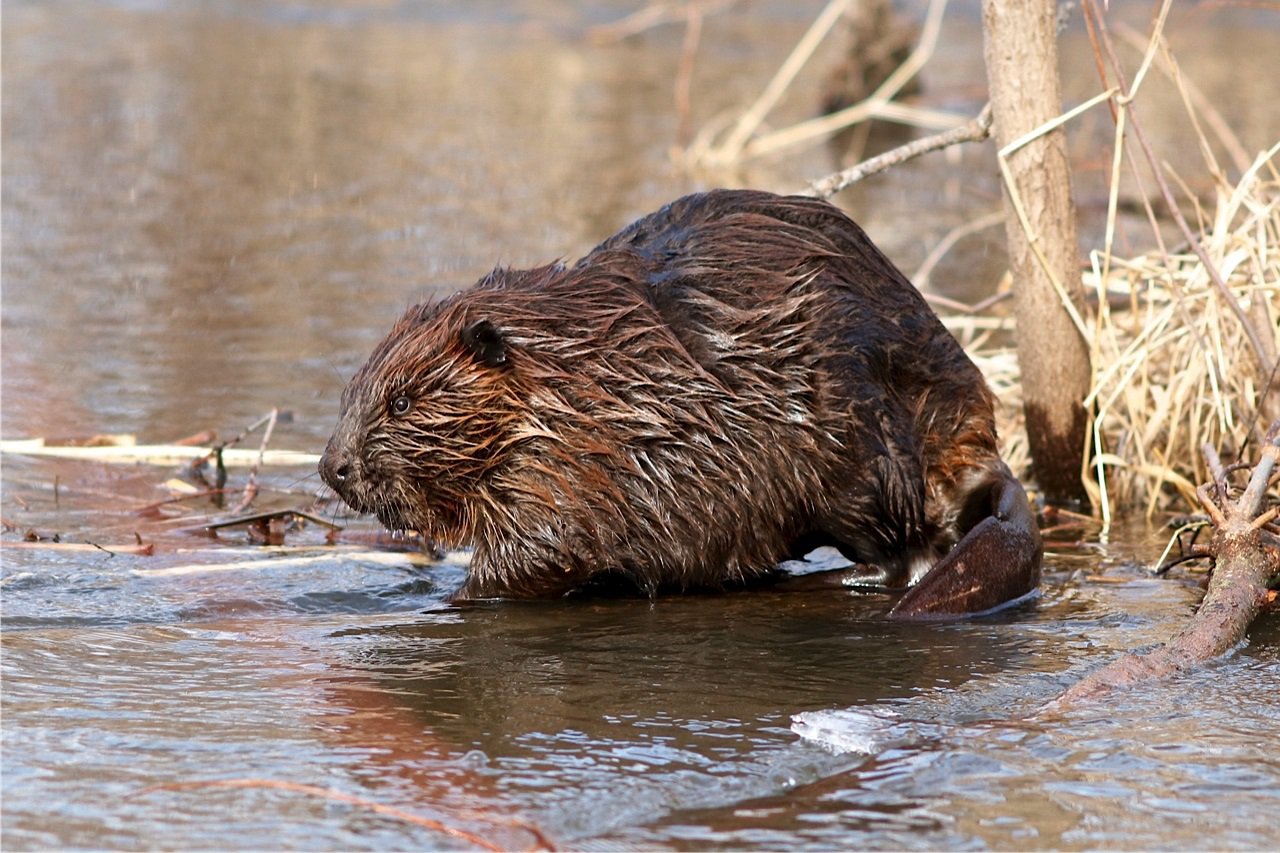Are you a hunter? Do you regularly hunt game animals during the hunting season? Do you know there are some important skills that every hunter should learn? In this article, we discuss some of the important skills every hunter should learn.
- How to Scout
Hunting involves searching for the animals you want, finding them and taking them down. It is more complicated than this explanation in one sentence. When you decide to hunt, there are many things that need to be done before you go out to hunt.
You have to scout the area you want to hunt before the days you want to hunt. By scouting the area, you collect information about the game animals before setting out on your hunting days. You have to verify that the animals you are interested in hunting are actually in that area.
You will need to learn how to scout the area. Scouting an area means you carefully study the area for any signs of activity from the animals. You want to look for tracks, scat, scratches on trees and on the ground, travel routes, bed areas, and other signs that the animals frequent that area. A mentor can help you quickly learn how to scout an area for hunting. - Reading a Compass
Reading a compass is a skill that every hunter should become very good at. Many times an animal will take you deep into the forest without you realizing that is the aim of the wily animal. When you realize how far you are deep into the woods, you may be far away from your hunting buddies and modern civilization.
Retracing your steps can sometimes be difficult as the daylight can be fading away quickly. The best way to find your way back to your camp is to use a compass and navigate your way back to your camp. Reading a compass is a very important skill for everyone, but more important for a hunter. - How to Eliminate Human Odor
Many hunters don’t gave eliminating human odor the importance it requires for hunting and this can be shown in their results at the end of the hunting season. Eliminating human odor can be the difference between filling up your refrigerator with deer meat at the end of the hunting season, or having a few deer to show for your efforts. Most animals have a very good sense of smell and will detect any foreign odor in the hunting area, become alerted to danger and leave the area.
Eliminating your human odor for hunting is a thorough process that involves keeping your hunting clothing, footwear, and gear away from your odor as well as from the odor of food, perfume, cigarettes and other things. It is very thorough and that may be why many hunters failed when trying to eliminate human odor. - Hunting the Rut
If you want to bag trophy bucks, then you must become a master of hunting every phase of the rut. The rut is the mating season for deer. There are mainly three phases of the rut: the pre-rut, the rut, and the post-rut. Bucks and does exhibit different behaviors during each phase of the rut and your hunting strategies should be tailored of each phase of the rut.
By targeting each phase of the rut with the right hunting strategies, you will be greatly rewarded with bucks for your refrigerator at home.
- How to Track Deer After the Shot
Many times hunters take a very good shot and think the deer will be found a few feet from where they hit it. To their dismay, they don’t find the deer anywhere in the area and even worse, don’t see any sign of blood. This happens more than you can imagine.
Many times you will have to get on your knees and use a flashlight to find the first sign of blood. The color of blood will also reveal the area of the animal’s body that was hit. The color of the blood may be pink, purple, red, or dark-brownish red.
The deer may have been shot in the lungs if the blood is pink with bubbles in it. The bubbles are a sign of oxygen and that deer will not run for a long time. If the shot is in the heart, the blood will be red. That should result in an instant drop. If the deer was shot in the liver or kidney, the blood will be purple. It is a fatal shot and the deer will bed down and die within 200 yards.
A shot in the intestines or the gut will result in a dark brownish-red blood. Learning how to track deer after the shot is a crucial skill that hunter need to master. - How to Make Predator Calls
Many times you will not spot any game animal out in the open and will need to lure them from their bedding areas. To accomplish this, you will have to make calls that mimic other deer or animals that will bring out an immediate response form the animal you want to hunt. There are many predator calls on the market today that you can purchase.
Grunt calls, doe-in-heat calls, animal in distress calls are some of the calls that you can master to lure a deer out from cover into the open. - How to Field Dress an Animal
One of the important skills to master is field dressing an animal. After taking down a game animal, you will need to quickly and efficiently gut the animal, take out the organs, and drain out the blood. This is a lengthy process and you need to learn it as a hunter.
Many times, the daylight will be slipping away after retrieving the animal. If you know how to field dress the animal, you can get it done quickly, strap the animal and set off for home or your meeting point. - How To Hunt at Night
Hunting at night is slightly different from hunting during the day. You don’t have the light of daylight to help you see your target animal and the terrain. Additionally, it is more dangerous to hunt at night as some animals will be more territorial at night and may attack you.
To hunt at night, you may need night vision optics thermal clothing and other equipment to make it easier to hunt during the night. You may want to hunt with a friend to be safe from animal attacks. - How to Attract Deer
How to attract deer to a hunting area or your property for hunting is another important skill to learn as a hunter. To attract deer to your area, you may need to set up a food plot, use deer attractant, use salt or mineral blocks, create cover, plant trees, create a water source or remove old fences and other obstacles that may stop deer. - How to Preserve Game Meat
Another important skill that a hunter should master is how to preserve game meat. Many times you will take down a big buck and you will have to preserve the meat from getting contaminated. You can preserve game meat by smoking it, curing it with salt or cleaning it at home, draining all of the left over blood and refrigerating it.
However, there may be times where you may be far away from home and camping outdoors. This presents a challenge, and smoking the meat to dry out the fluids is the best way to preserve the meat.
Conclusion
There are many skills that a hunter learns during his hunting career and in this article, we discussed some of the important skills every hunter should master. These skills can be the difference between being a highly successful hunter or just an average hunter.











